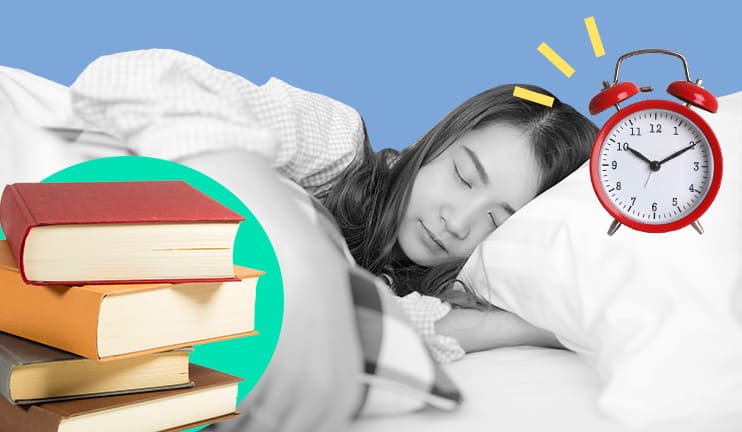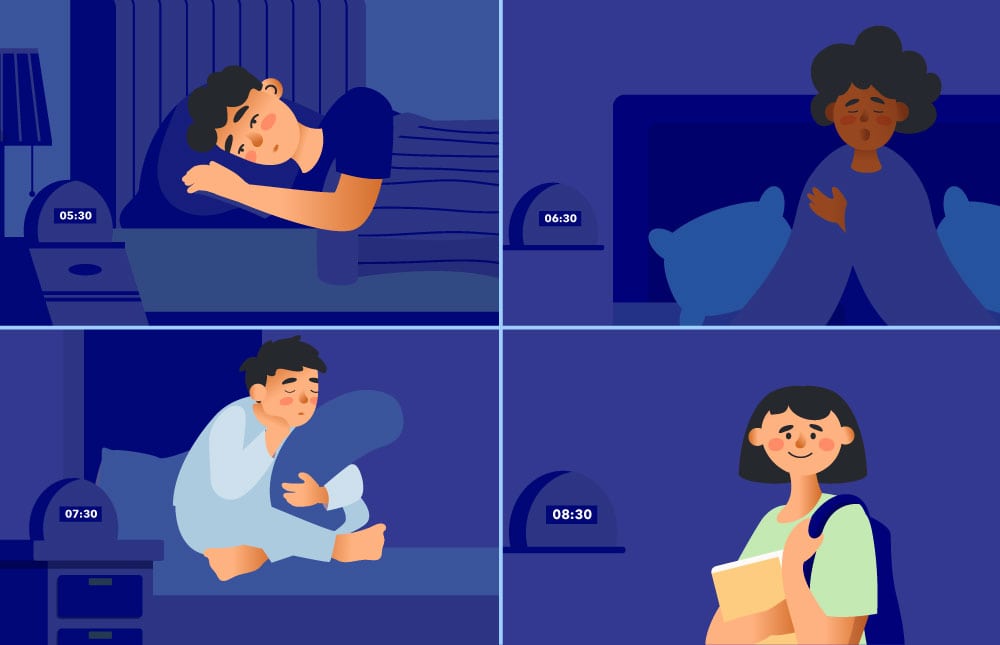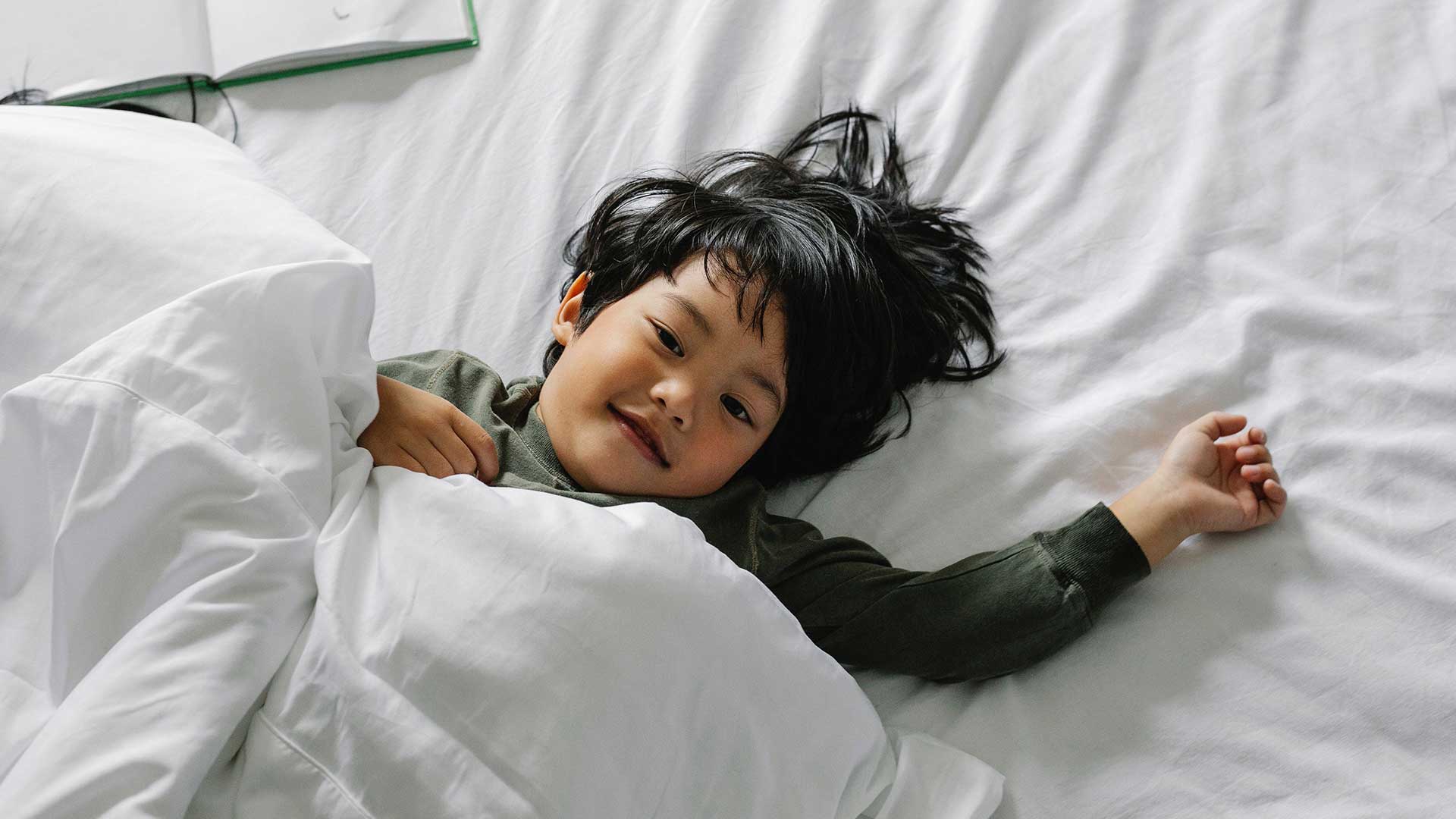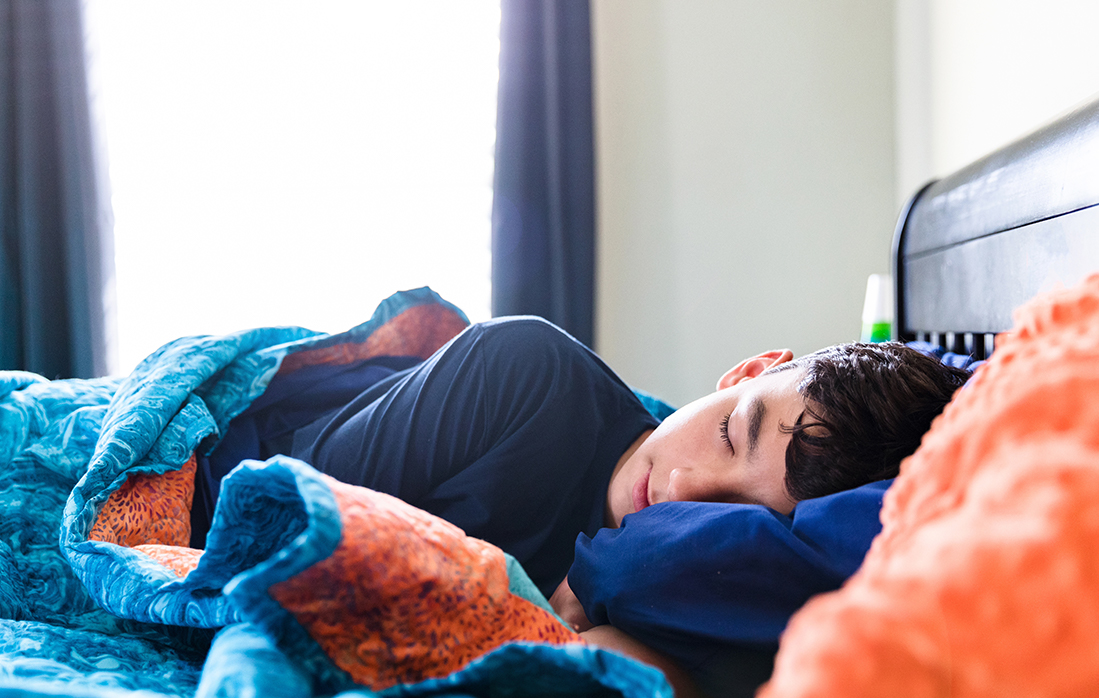
If you ask any teen, they’d probably tell you that popularity is a holy grail of sorts for their age group. We suspect that walking through the halls of any high school, basking in the admiration of everyone around you, can certainly come with its perks, but newly published research shows that popularity can also exact a heavy toll on sleep — especially for girls. (1) And while our knee-jerk reaction may be to blame the smartphone in every hand, technology actually gets a pass in this case.
Working with 1,394 adolescents from 16 public schools in Sweden, researchers asked the group to self-report their demographics, insomnia symptoms, weekly sleep duration, anxiety, depression, and alcohol use. (1) To sort out the ranks in popularity, the students were also asked to nominate up to three friends—those with the most nominations were labeled “popular.” After sorting through the data, the researchers found (1)
- Popular teens aren’t likely to reach their sleep requirements.
- Each night, the most popular teens sleep 27 minutes less than their not-so-popular peers.
- Popular girls reported more symptoms of insomnia (they had a harder time falling or staying asleep or waking too early) than boys.
Popularity May Double Down On The Teen Sleep Crisis
Teenagers rarely go to sleep at what parents and caregivers may deem to be an “appropriate” time. And while most will chalk it up to “teens being teens,” there’s a fundamental biological shift going on for them — one that throws their sleep timing off track.
Heather Turgeon and Julie Wright, psychotherapists and authors of Generation Sleepless, tell Sleepopolis, “Teens have a normal sleep phase delay in their internal clock. (2) This means they start to feel sleepy about two hours later in the evening and are ready to wake up and be alert two hours later in the morning. So, the teen brain is already primed to stay up late.”
In their book, the doctors describe a “perfect storm” of factors that contribute to the teen sleep crisis, which include the sleep phase delay, unreasonable amounts of homework, overscheduling of extracurricular activities, the advent of smartphones/social media/video games and school start times that are just too early.”
While that may sound like more than enough on their plates, the doctors note that this new research adds their social life to the mixed bag of what ails their sleep. “Popularity can mean more responsibility, more activity, and more emotion, which can make it even harder to wind down,” they say — “yet another squeeze on their sleep.”
Ultimately, the doctors say, “Teens are the most sleep-deprived population in human history — there has never been a group of individuals missing as much sleep as today’s adolescents. It begins in middle school and peaks in the middle of high school.”
Can 27 Minutes Of Sleep Make A Difference?
It may not sound like much, but Turgeon and Wright say, “27 minutes can definitely make a difference. So much so that when they work with teens to improve their sleep, they “often start with the goal of a 30-minute increase in sleep each night because it’s so significant.”
Noting that “Sleep debt is cumulative, the doctors point out that “27 minutes per night adds up to almost 2 ½ hours by the end of the school week – that’s 130 hours per year.” Turgeon and Wright go on to say, “Every minute counts when you consider how much mood, memory, health, relationships, and overall well-being suffer with inadequate sleep.”
We May Want To Blame Technology, But Researchers Say “Not So Fast”
Computers and smartphones are usually on the list of usual suspects when it comes to losing sleep, but the study’s researchers say that’s not quite the case. The paper suggests that insufficient sleep among teen girls is more likely due to gender socialization.
Writing that “girls seem to pay a price for their popularity in terms of sleep quality – before and after smartphones became part of adolescents’ lives,” the researchers proffer that this loss of sleep could be linked to their social connectedness and the fact that girls typically “express more care and concern and engage in helping behaviors more” than boys. (1) Ultimately, they suggest that it’s their concern for others that proves detrimental to their sleep.
While Turgeon and Wright agree that “girls are more likely to spend time and energy on relationships, and often feel a responsibility to their friends to help out and be available,” they caution that technology may not be entirely off the hook here. “Teens are naturally social creatures, and smartphones prey on this innate tendency,” they say. “Teenage girls may be carrying more of a mental load (one that’s amplified by technology) that makes it difficult to disconnect and sleep.”
How Can Parents Help?
“This study points to popularity as a risk factor for sleep loss, but this is amplified by technology,” says Turgeon and Wright. So, practices that help teen girls disconnect from the mental load are key.” Ideally, parents should work with their teens to establish healthy boundaries and help them find ways to communicate those boundaries to their friend group.
“In our work, we help teens come up with bedtime routines that symbolically and practically “say goodnight” to friends, concerns, projects, news, and so forth by putting their phones in a dedicated place outside the bedroom and redirecting their mental energy to something else, like watching a show on the living room TV, playing with the dog, taking a shower, or doing a skincare routine.”
In addition to these “actions,” Turgeon and Wright suggest “Brainstorming language to set healthy boundaries with friends. A good starting point? “I love you guys, and we’ll get into this more tomorrow, but I gotta take a shower and get some sleep.”

How Parents’ Smartphone Use Truly Does Negatively Affect Their Teenagers’ Sleep

How Later School Start Times Are Going, According to Real Teens and Their Parents

Certain Types of Sleep Disturbances in Preschoolers Are Linked to Behavioral Issues: What to Know

Are Extracurriculars to Blame For Kids’ Poor Sleep Schedules? Parents Seem to Think So
Sources
1. Bauducco, S., Boersma, K., & Gradisar, M. (2024). Sleepy and popular? The association between popularity, sleep duration, and insomnia in adolescents. Frontiers in Sleep, 3, 1346806. https://doi.org/10.3389/frsle.2024.1346806
2. G. Campbell, Alejandro Cruz-Basilio, Jessica G. Figueroa, Vincent B. Bottom; Earlier Bedtime and Its Effect on Adolescent Sleep Duration. Pediatrics July 2023; 152 (1): e2022060607. 10.1542/peds.2022-060607
3. Turgeon, Heather. Author interview. May 5, 2024.
4. Wright, Julie. Author interview. May 5, 2024.